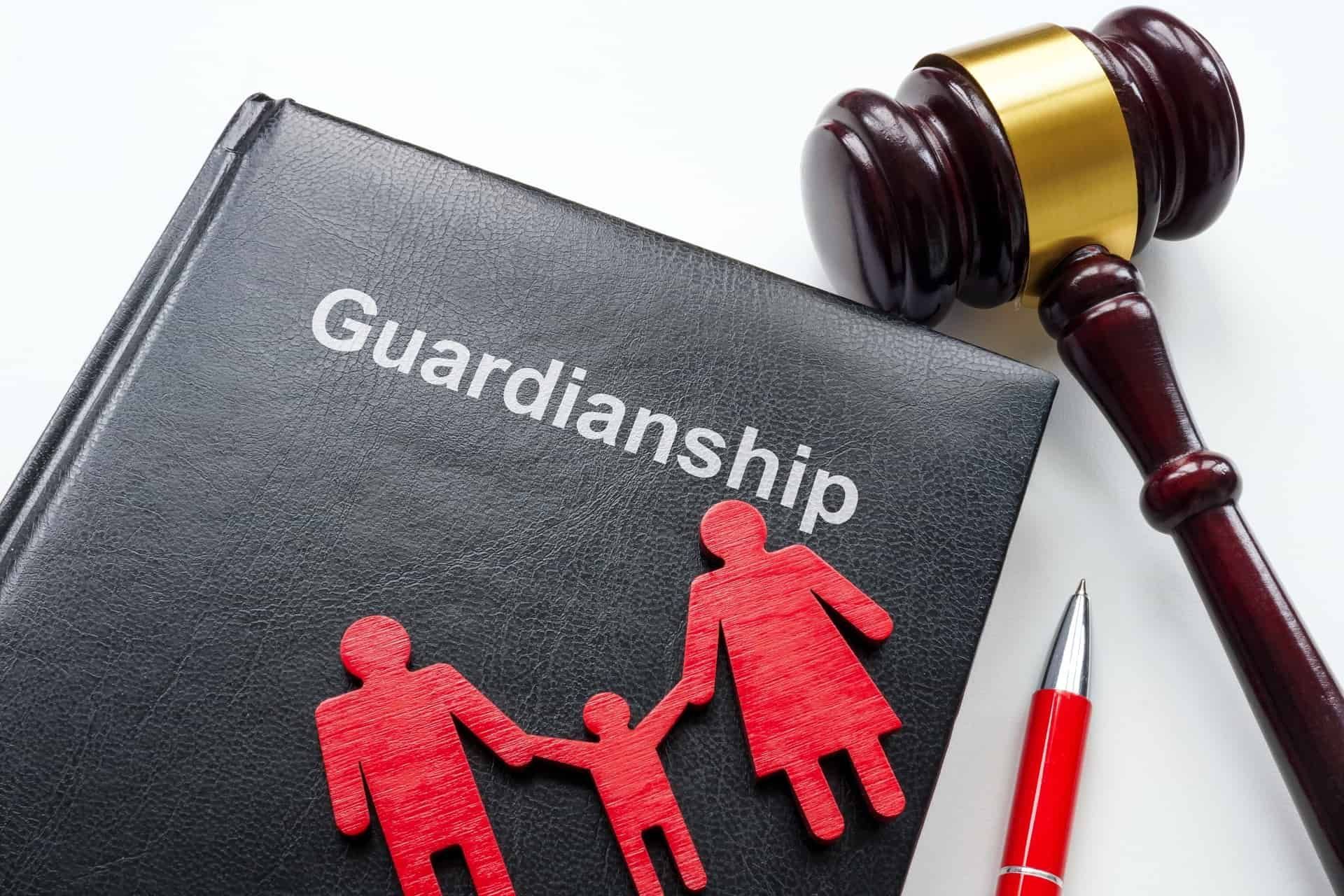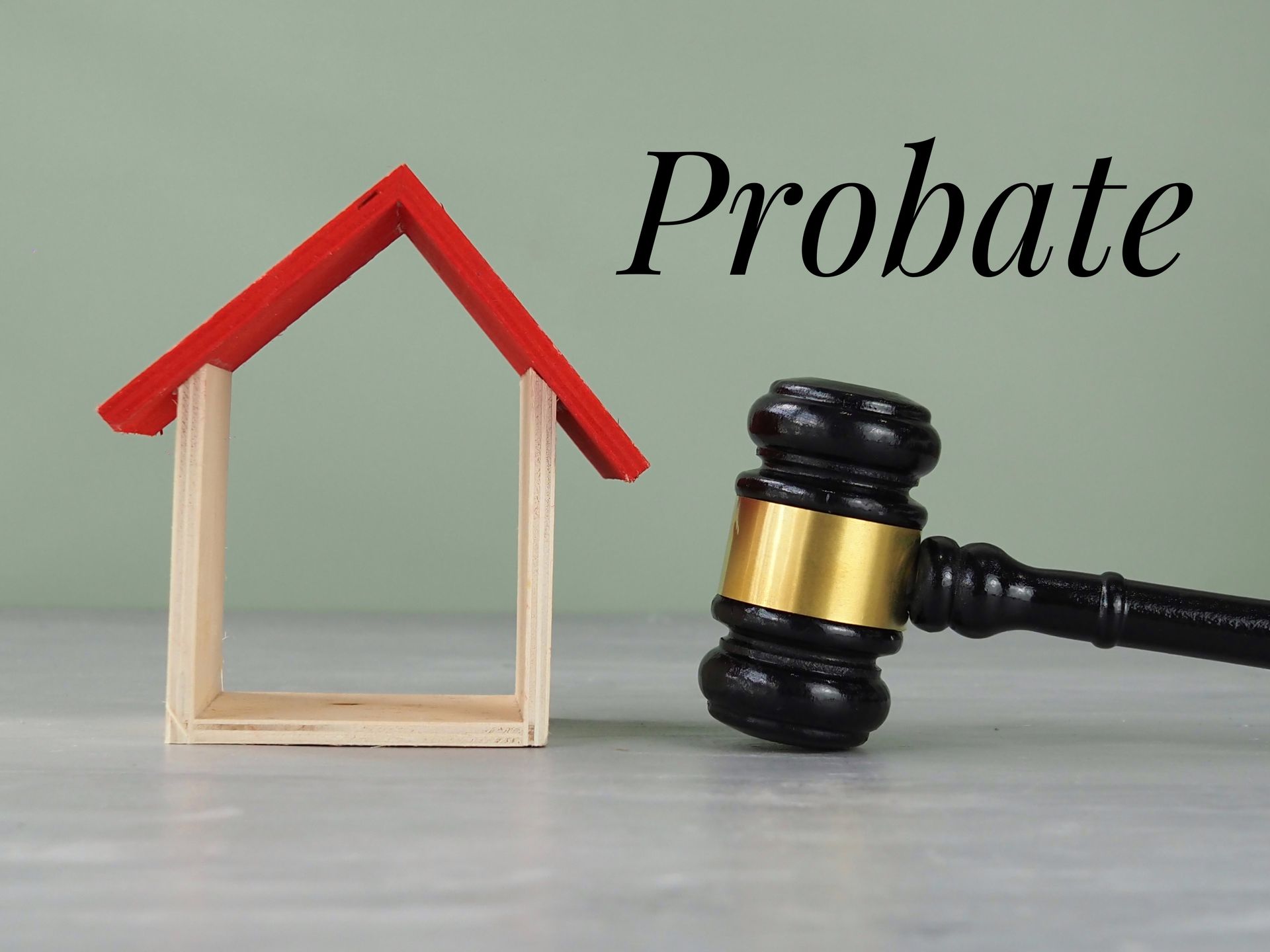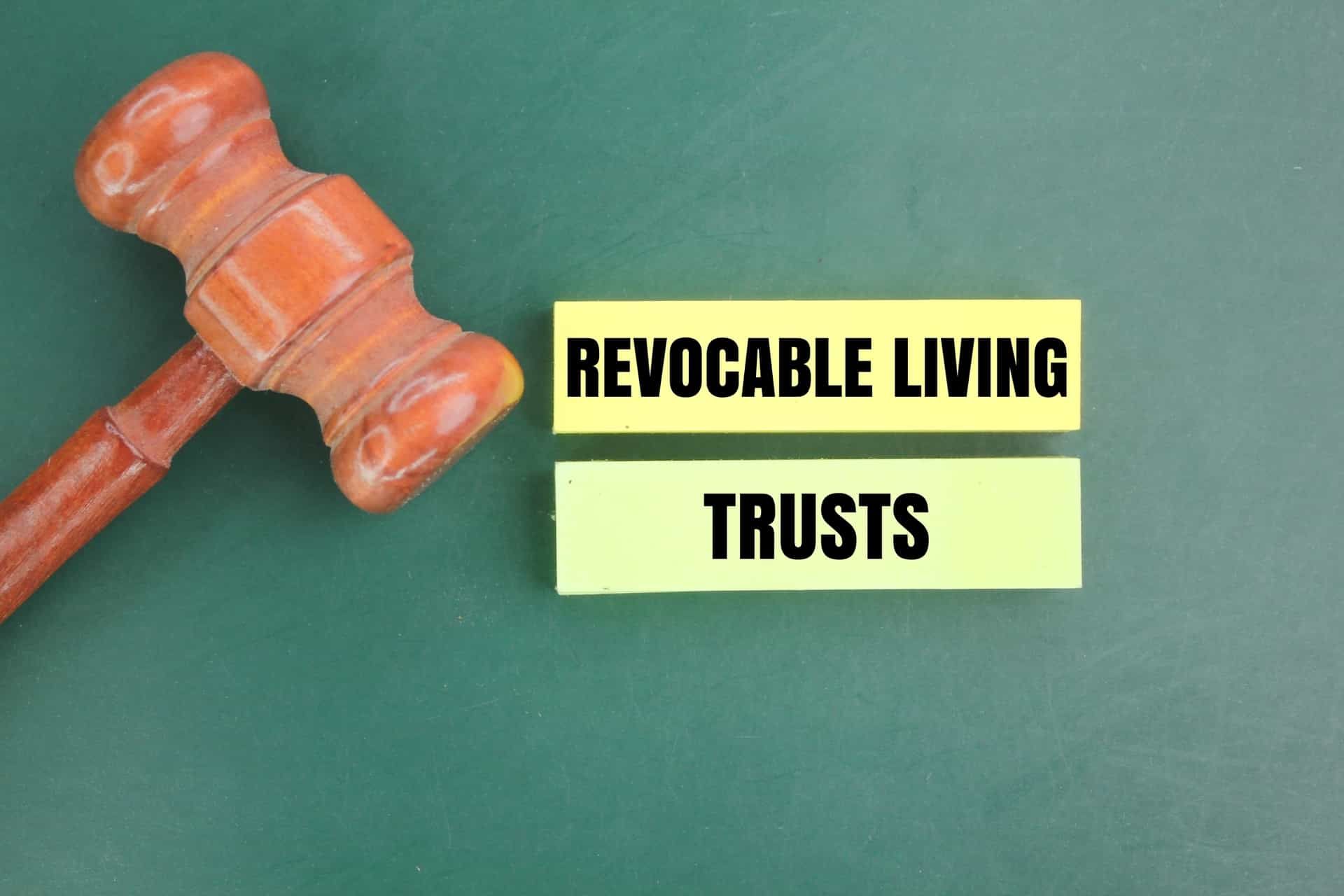What Is a Distributee and What Role Do They Play?
Distributee is a term used in estate administration that refers to an individual who inherits property from another person through their estate. There are several different kinds of distributees, and you may be one of them without even knowing it. If you are the child, grandchild, spouse or other blood relative of another person who has recently passed away, then there’s a good chance you’re also their distributee.
Reducing stress and confusion during this difficult time is important for any family going through the estate administration process. This post will explain what a distributee is, who qualifies as one, and how it impacts your estate plan as well as your beneficiaries.
We also discuss estate planning and what you need to know if you’re the executor of an estate. If you have any questions or concerns, please don’t hesitate to reach out to us. We’re here to help in any way we can.
What Does “Distributee” Mean in Estate Administration?
A distributee is any person who receives property from an estate. That can be any type of property, such as real estate, stocks, bonds, cars, individual retirement accounts, etc. The majority of the time, when people refer to distributees, they are typically referring to the individuals who inherit property through an estate.
Distributees are often confused with beneficiaries, but the two are a bit different. Beneficiaries are the people who are named in the will of the deceased to receive their estate. Distributees are the ones who actually receive the property.
Who Is a Distributee?
Distributees are any individuals who inherit property from an estate. If you are the child, grandchild, spouse or other blood relative of another person who has recently passed away, then there’s a good chance you’re also their distributee.
There are different kinds of distributees and it’s important to know what they are in order to better understand your rights and any responsibilities you have in this estate administration process.
Child of the Decedent: A child of the deceased refers to any child who is under their 18th birthday. If this child is 18 or older and is still in high school, they are also considered a child of the deceased.
Grandchild of the Decedent: A grandchild of the deceased is any child who is under the age of 18 and is the child of the child of the deceased.
Spouse of the Decedent: For those who are currently married but were not married to the deceased at the time of death, you are the spouse of the deceased.
How to Determine If You Are a Distributee
If you are a blood relative of the deceased, then you are likely a distributee. In some cases, you may be named as a beneficiary in the will, but you may also be considered a distributee. In order to be a distributee, you must inherit property from the deceased person. If you are named as the sole beneficiary in their will, then you may not inherit any property from their estate.
Child of the Decedent
For those who are the child of the deceased, you inherit everything that your parent had. This means that you will inherit the property of both your parent’s estate and your grandparent’s estate. In this situation, the grandparent’s estate will go first, followed by the parent’s estate. This is known as “skip the death of the child,” and it goes back to the original intent of the will.
Grandchild of the Decedent
For grandchildren, you only inherit the property of your grandparents’ estate if they have passed on. This means that you will inherit everything that your grandparents left behind in their will. If your grandparents did not leave behind a will and they have no surviving family members, then you would inherit what was in your parent’s estate.
Spouse of the Decedent
If you are currently married to the person who has passed away, you are considered the spouse of the deceased. In this situation, you only inherit the property that your spouse owned at the time of their death.
Are You Considering Estate Planning?
When you begin the process of estate planning, you will be asked to identify your heirs and beneficiaries. Heirs are individuals who have a legal right to inherit your property, while beneficiaries are those who you have chosen to receive your assets.
A distributee is someone who falls into both categories - they are an heir with a legal right to inherit your property, and they are also a beneficiary whom you have selected to receive your assets.
As the name suggests, a distributee plays a key role in distributing your assets after you pass away. They may be responsible for distributing your estate according to your wishes, or they may simply inherit some of your property outright.
In either case, it is important that you choose your distributees carefully. You want to make sure that they are trustworthy and capable of carrying out your wishes. You also want to be sure that they will be able to work together harmoniously in the event that they need to divide your assets.
The bottom line is that a distributee plays a vital role in estate planning. They are an important part of ensuring that your assets are distributed according to your wishes. Choose your distributees carefully, and make sure that they are up to the task.
Conclusion
The best way to protect your family and reduce confusion during this difficult time is to make sure your estate plan is up to date. This includes knowing who your distributees are and what property they will inherit.
Are You a Distributee? Call Doane & Doane Today to Speak with an Experienced Estate Planning Attorney
If you are a distributed, you may have questions about your rights and responsibilities. The estate planning attorneys at Doane & Doane can help. We have extensive experience handling a wide range of estate matters, including distributions.
To learn more about what we can do for you, call us to schedule a free consultation. You can also reach us online by filling out our contact form.
Phone:
561-656-0200
Contact Us
The information in this blog post is for reference only and not legal advice. As such, you should not decide whether to contact a lawyer based on the information in this blog post. Moreover, there is no lawyer-client relationship resulting from this blog post, nor should any such relationship be implied. If you need legal counsel, please consult a lawyer licensed to practice in your jurisdiction.
Disclaimer: The information on this website and blog is for general informational purposes only and is not professional advice. We make no guarantees of accuracy or completeness. We disclaim all liability for errors, omissions, or reliance on this content. Always consult a qualified professional for specific guidance.
RECENT POSTS






